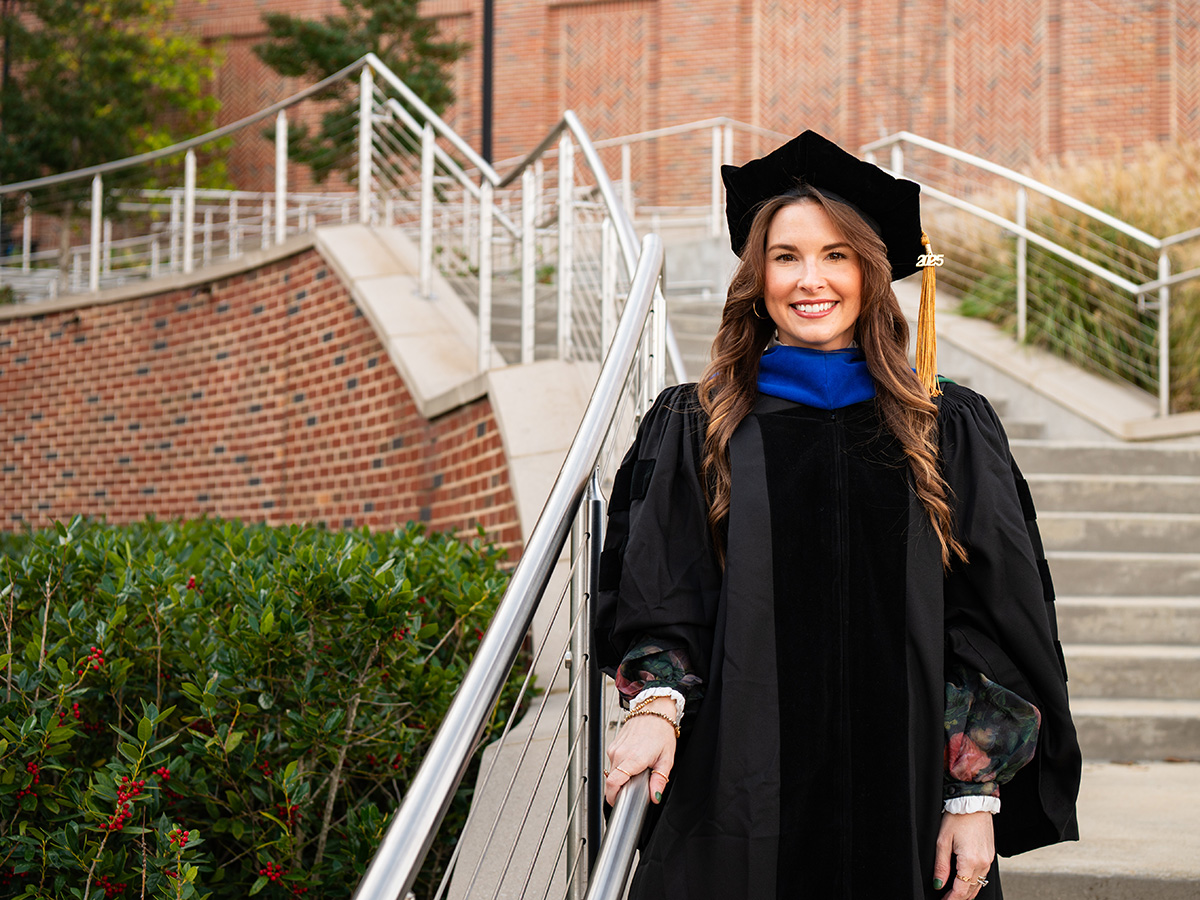 Congress established the EPSCoR program to ensure that research universities in all states participate in and benefit from Federal science and technology activities. Although EPSCoR states have 20% of the nation's population, and close to 25% of its doctoral research universities, these states only receive about 10% of the Federal research outlays. EPSCoR provides a mechanism to address these geographical imbalances. The program has been a huge success—investments have generated growth in state economies, attracted students into STEM fields, and created a broader base of research expertise available to the agencies to meet their missions.
Congress established the EPSCoR program to ensure that research universities in all states participate in and benefit from Federal science and technology activities. Although EPSCoR states have 20% of the nation's population, and close to 25% of its doctoral research universities, these states only receive about 10% of the Federal research outlays. EPSCoR provides a mechanism to address these geographical imbalances. The program has been a huge success—investments have generated growth in state economies, attracted students into STEM fields, and created a broader base of research expertise available to the agencies to meet their missions. Professor Chris Lawson Testifies to the House Committee on Appropriations Subcommittee on Commerce
Faculty Excellence
CAS News
April 22, 2012
On behalf of the EPSCoR/IDeA Coalition Dr. Christopher M. Lawson from the University of Alabama at Birmingham testified in front of the House Committee on Appropriations Subcommittee on Commerce, Justice, Science and Related Agencies on March 22, 2012.
 Congress established the EPSCoR program to ensure that research universities in all states participate in and benefit from Federal science and technology activities. Although EPSCoR states have 20% of the nation's population, and close to 25% of its doctoral research universities, these states only receive about 10% of the Federal research outlays. EPSCoR provides a mechanism to address these geographical imbalances. The program has been a huge success—investments have generated growth in state economies, attracted students into STEM fields, and created a broader base of research expertise available to the agencies to meet their missions.
Congress established the EPSCoR program to ensure that research universities in all states participate in and benefit from Federal science and technology activities. Although EPSCoR states have 20% of the nation's population, and close to 25% of its doctoral research universities, these states only receive about 10% of the Federal research outlays. EPSCoR provides a mechanism to address these geographical imbalances. The program has been a huge success—investments have generated growth in state economies, attracted students into STEM fields, and created a broader base of research expertise available to the agencies to meet their missions.
 Congress established the EPSCoR program to ensure that research universities in all states participate in and benefit from Federal science and technology activities. Although EPSCoR states have 20% of the nation's population, and close to 25% of its doctoral research universities, these states only receive about 10% of the Federal research outlays. EPSCoR provides a mechanism to address these geographical imbalances. The program has been a huge success—investments have generated growth in state economies, attracted students into STEM fields, and created a broader base of research expertise available to the agencies to meet their missions.
Congress established the EPSCoR program to ensure that research universities in all states participate in and benefit from Federal science and technology activities. Although EPSCoR states have 20% of the nation's population, and close to 25% of its doctoral research universities, these states only receive about 10% of the Federal research outlays. EPSCoR provides a mechanism to address these geographical imbalances. The program has been a huge success—investments have generated growth in state economies, attracted students into STEM fields, and created a broader base of research expertise available to the agencies to meet their missions. More News
-
 UAB to evaluate the impact of neighborhood revitalization on residents’ lung healthIn partnership with the Housing Authority of the Birmingham District, the City of Birmingham and community partners, UAB will assess the effectiveness of public housing renovations and environmental refinements on community health.
UAB to evaluate the impact of neighborhood revitalization on residents’ lung healthIn partnership with the Housing Authority of the Birmingham District, the City of Birmingham and community partners, UAB will assess the effectiveness of public housing renovations and environmental refinements on community health. -
 Small town to soaring heights: UAB social worker’s pursuit of excellence and faith leads to graduation with a Ph.D.Earning a Ph.D. will add to Brittany Nicole Stewart’s already decorated educational journey — three master’s degrees.
Small town to soaring heights: UAB social worker’s pursuit of excellence and faith leads to graduation with a Ph.D.Earning a Ph.D. will add to Brittany Nicole Stewart’s already decorated educational journey — three master’s degrees. -
 From pre-med track to Computer Science, Rizwan Khan carves out his future through resilienceGraduating student Rizwan Khan shares his undergraduate experience with CAS News.
From pre-med track to Computer Science, Rizwan Khan carves out his future through resilienceGraduating student Rizwan Khan shares his undergraduate experience with CAS News.